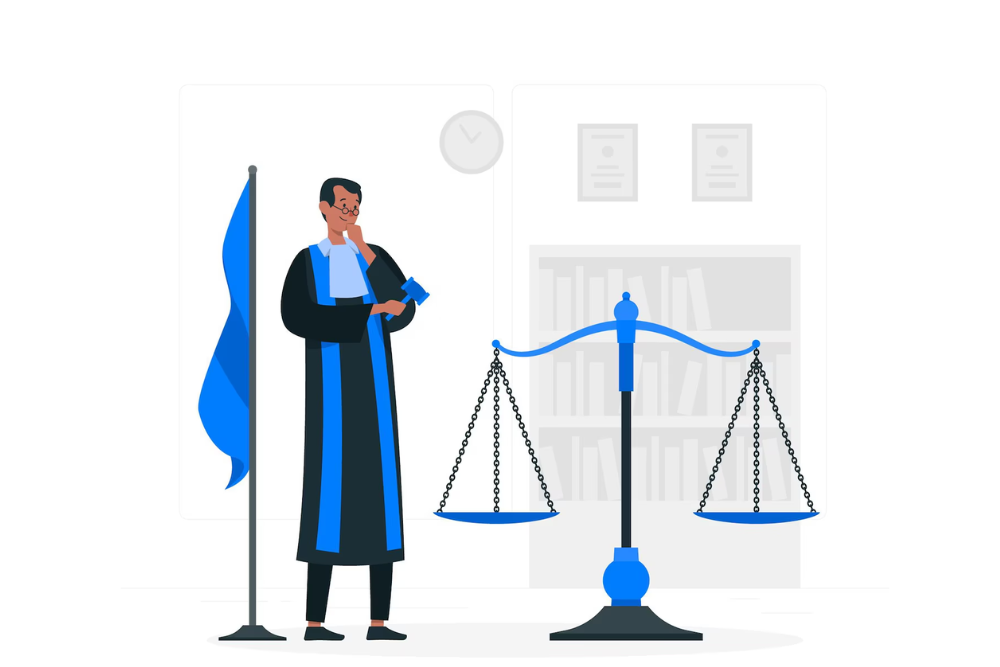Sukanya Shantha v. Union of India (2024 INSC 753)

Case Background:
1. Petitioner: Sukanya Shantha, a journalist, filed a petition under Article 32 of the Constitution, challenging caste-based discrimination in State Prison Manuals.
2. Claims: She argued that certain provisions in State Prison Manuals fostered caste-based roles in prisons, assigning labor and privileges based on caste.
Provisions Challenged:
• Duties: Simple imprisonment convicts were assigned degrading tasks unless they belonged to a specific caste.
• Overseer Roles: Certain castes were restricted from being appointed as night guards.
• Cooking and Serving: Caste determined who could cook or serve food to prisoners.
• Sweeper Role: Only specific castes were assigned to sweeping duties.
• High-Caste Privilege: High-caste prisoners could only eat food cooked by someone of a similar caste.
Supreme Court’s Decision:
1. Unconstitutionality: The provisions were held unconstitutional as they violated:
- • Article 14 (equality),
- • Article 15 (prohibition of caste discrimination),
- • Article 17 (abolition of untouchability),
- • Article 21 (life and liberty),
- • Article 23 (prohibition of forced labor).
2. Order: The Court directed States to revise their prison manuals within three months and submit a compliance report.
Reasons for the Decision:
1. Unconstitutional Classification:
- • Caste-based roles in prison reinforce occupational immobility, depriving prisoners of equal reformation opportunities.
- • Vague terms like “habit,” “custom,” and “natural tendency to escape” are indeterminate and discriminatory.
2. Direct and Indirect Discrimination:
- • Rules assigning specific duties to marginalized castes or restricting roles based on caste perpetuate caste hierarchies.
- • Seemingly neutral terms (“menial work”) disproportionately affect marginalized castes, violating Article 15(1).
3. De-Notified Tribe Discrimination:
- • Denying these tribes supervisory roles reinforces stereotypes, akin to untouchability, violating Article 15(1) and Article 17.
4. Forced Labor:
- • Assigning degrading tasks based on caste without choice equates to forced labor, violating Article 23.
5. Need for Change in the Model Prisons and Correctional Services Act, 2023:
- • Suggested adding a provision to explicitly prohibit caste-based discrimination.
- • The definition of “Habitual Offender” in the Model Act was deemed overbroad, especially as it targets marginalized communities.
Directions to Union Government and States:
1. Removal of Caste Data: Directed the removal of the “caste” column from prisoner records.
2. Compliance Monitoring: States and Union Territories must amend prison manuals in line with this judgment within three months.
3. Prison Inspections: Directed the District Legal Services Authority and the Board of Visitors to regularly inspect prisons for discriminatory practices and report compliance.
